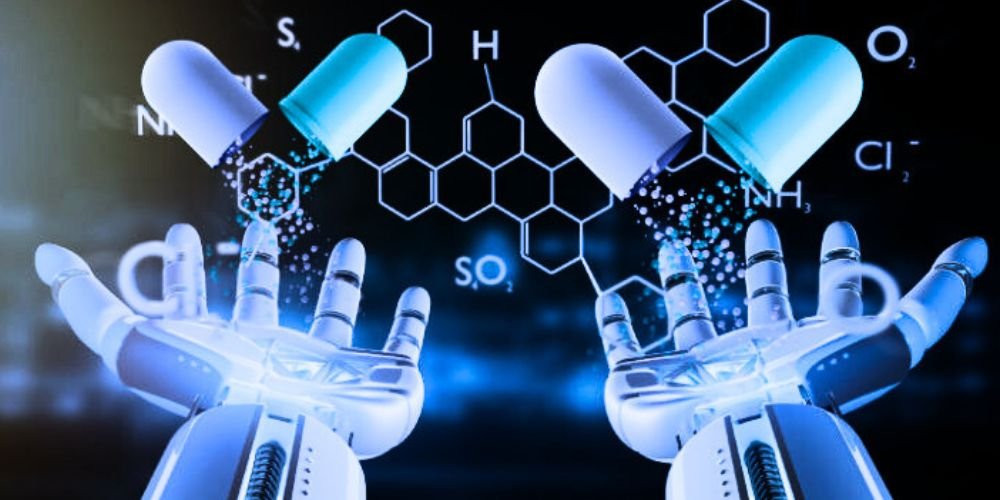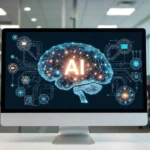The intersection of artificial intelligence (AI) and drug discovery represents a transformative frontier in biomedical research, offering unprecedented opportunities to accelerate the development of novel therapeutics, identify potential drug candidates, and unlock insights into complex diseases. AI technologies such as machine learning, deep learning, and data analytics empower researchers to analyze vast datasets, predict molecular interactions, and optimize drug design processes with unprecedented speed and precision. As the global demand for innovative treatments continues to rise, AI in drug discovery holds promise for revolutionizing healthcare and improving patient outcomes.
Harnessing Big Data for Insights
AI-driven approaches in drug discovery leverage big data and advanced analytics to mine vast repositories of biological, chemical, and clinical data, enabling researchers to identify patterns, correlations, and potential drug targets with greater efficiency and accuracy. By analyzing genomic data, protein structures, and disease pathways, AI algorithms can predict how molecules interact with biological targets, identify drug candidates with the highest therapeutic potential, and prioritize compounds for further testing and development. Moreover, AI facilitates the integration of diverse datasets from sources such as electronic health records, clinical trials, and scientific literature, providing researchers with comprehensive insights into disease mechanisms and treatment strategies.
Accelerating Drug Design and Development
AI in Drug Discovery accelerates the drug design and development process by streamlining various stages of drug discovery, from target identification and lead optimization to preclinical testing and clinical trials. By automating tedious tasks, such as virtual screening, molecular docking, and compound synthesis, AI enables researchers to explore a vast chemical space more efficiently and cost-effectively. Moreover, AI-driven predictive models can simulate drug interactions, assess safety profiles, and predict clinical outcomes, guiding decision-making and reducing the time and resources required to bring new drugs to market. Additionally, AI enhances the efficiency of clinical trials by identifying patient populations, optimizing trial design, and predicting treatment responses, ultimately expediting the delivery of secure and effective therapies to patients in need.
Overcoming Challenges and Limitations
Despite its transformative potential, AI in drug discovery faces challenges and regulations that must be addressed to realize its full impact. Data quality, standardization, and interoperability remain significant barriers to leveraging AI effectively, as disparate data sources and formats hinder data integration and analysis. Moreover, ethical considerations, regulatory requirements, and safety concerns necessitate carefully validating AI-driven models and algorithms to ensure their reliability, reproducibility, and clinical utility. Additionally, collaboration and knowledge sharing among stakeholders, including researchers, clinicians, regulators, and industry partners, are essential to overcome silos and maximize the benefits of AI in drug discovery.
Conclusion
AI is revolutionizing drug discovery by harnessing big data, accelerating drug design, and overcoming traditional barriers to innovation. By leveraging advanced algorithms and analytics, AI enables researchers to uncover new insights into disease mechanisms, identify promising drug targets, and develop novel therapeutics with unprecedented speed and precision. While challenges and limitations persist, the transformative potential of AI in drug discovery offers hope for addressing unmet medical needs, improving patient outcomes, and advancing human health in the 21st century.







